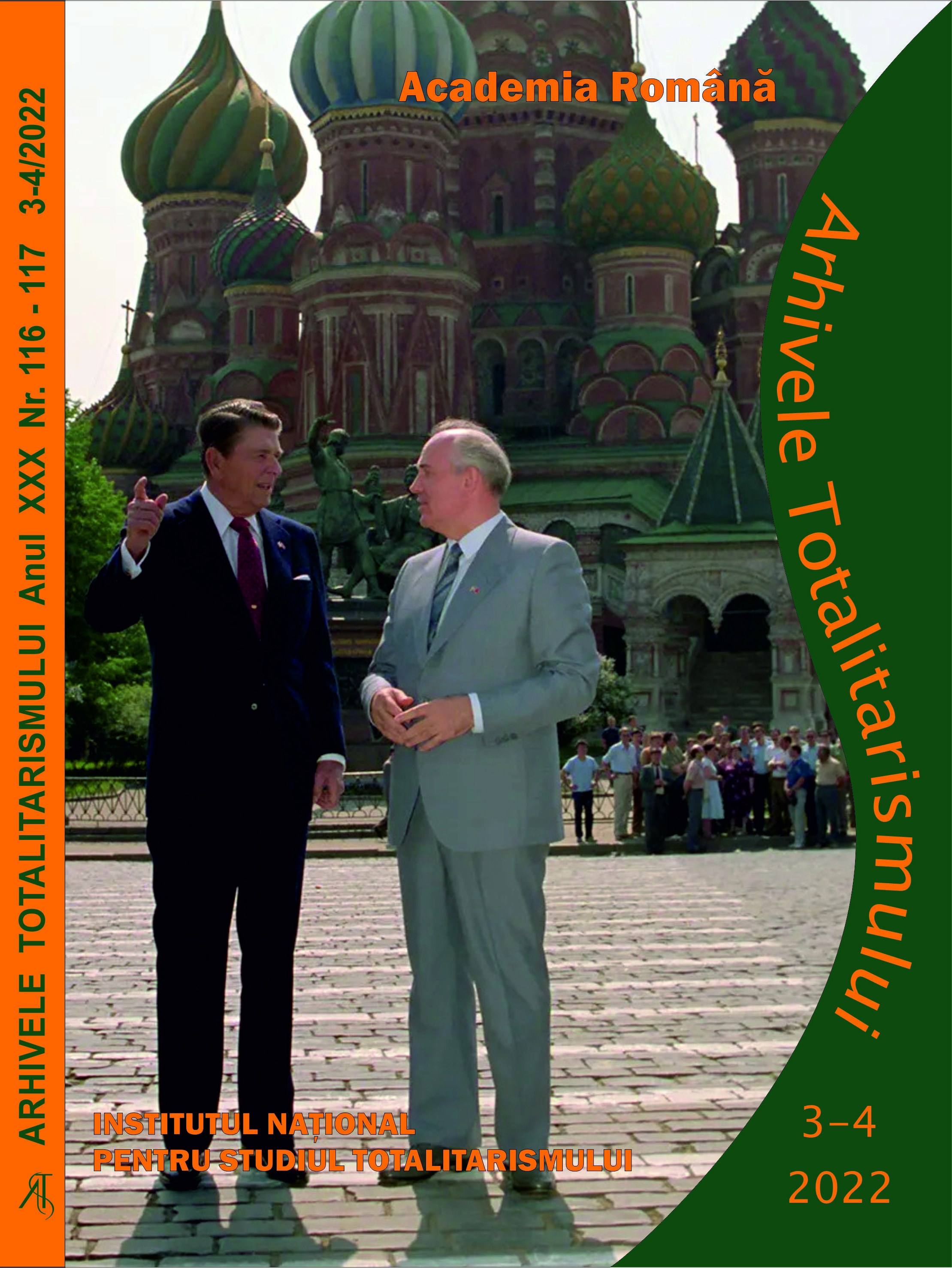Relațiile româno-ungare în contextul planului de sistematizare rurală al regimului Ceaușescu, 1988-1989
Romanian-Hungarian relations in the context of Ceaușescu's rural systematization plan, 1988-1989
Author(s): Cristian Alexandru VoicuSubject(s): Ethnohistory, Political history, Recent History (1900 till today), Special Historiographies:, Post-War period (1950 - 1989), History of Communism, Ethnic Minorities Studies
Published by: Institutul National pentru Studiul Totalitarismului
Keywords: Systematization; Romanian-Hungarian dispute; Nicolae Ceaușescu; Karoly Grosz; Hungarian minority in Romania;
Summary/Abstract: Romanian-Hungarian relations were never cordial but after the Second World War they had to become "fraternal", in the name of the communist ideology adopted by both countries. However, towards the end of the 1980s, Gorbachev’s perestroika and glasnost contributed to the constant deterioration of the relations between the two countries that climaxed in the summer of 1988. Since the plan for rural systematization that the Ceaușescu regime wanted to implement was unfolding, and Hungary perceived it as an attack on the Hungarian minority, the two countries tried to solve the problem diplomatically without success: the Hungarian consulate in Cluj-Napoca was closed, as was the Hungarian cultural center in Bucharest.
Journal: Arhivele Totalitarismului
- Issue Year: XXX/2022
- Issue No: 3-4
- Page Range: 149-159
- Page Count: 11
- Language: Romanian
- Content File-PDF

